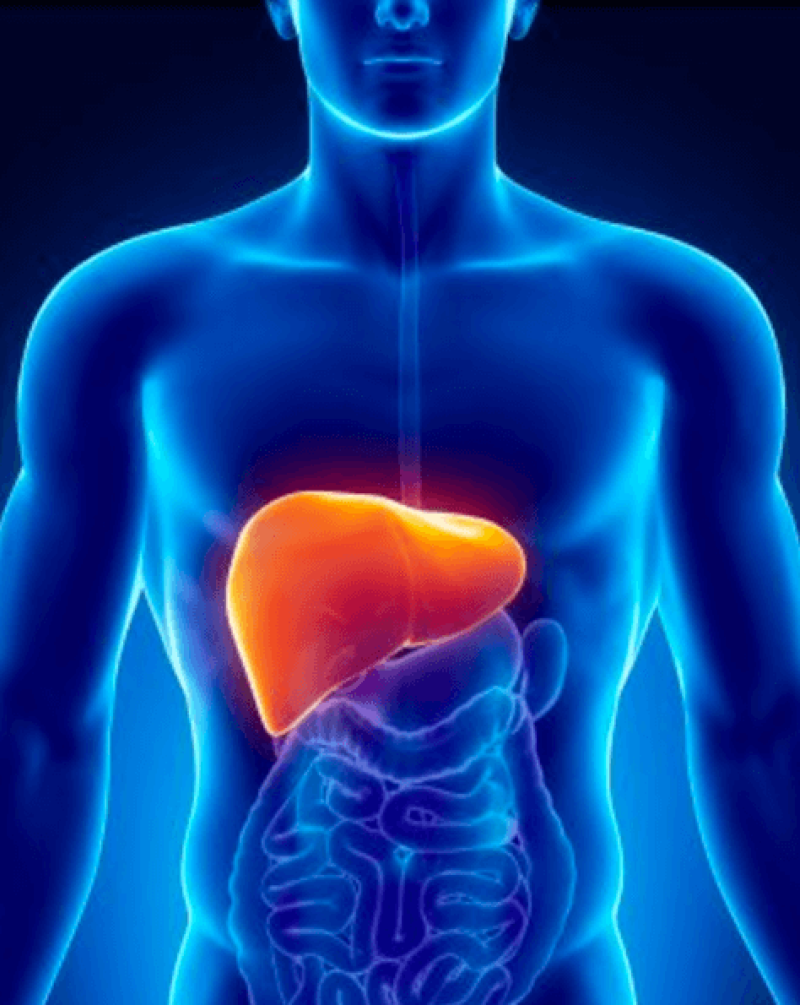Among all the organs in the human body, the liver is something of a superhero. Not only does it defend our bodies against the liquid toxins we regularly ingest, it has the ability to regenerate itself, and, as new research shows, it increases its size by nearly half over the course of a day.
Working in mice, researchers in Switzerland documented this process of regular stretching and shrinking, watching as liver cells swelled in size and contracted up to 40 percent along with the mice’s daily activities. There’s a catch though, a kind of hepatological kryptonite. Their livers only exhibited this ability when the mice followed their normal cycles of eating and resting. They’re nocturnal creatures, and if they began eating during the day when they usually rest, their livers stubbornly refused to grow.
The liver is the only organ known to display such significant cyclical growth, although it does make sense. During the half of the day when we’re not eating, our organs have far less to do. By growing and shrinking to meet demand, our livers are actually trying to save us wasted energy.
The GLP aggregated and excerpted this blog/article to reflect the diversity of news, opinion, and analysis. Read full, original post: The Liver Grows by Day, Shrinks by Night































